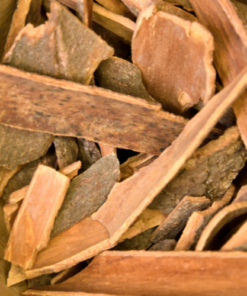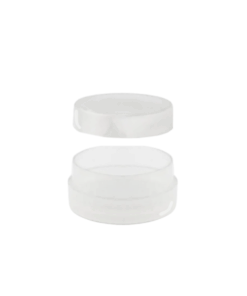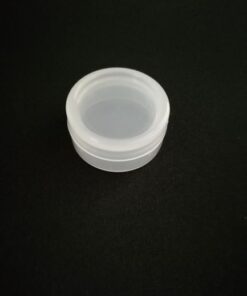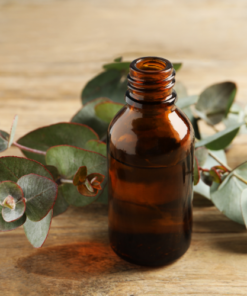Cajuput Essential Oil – 10ml
R34,00
Cajuput Essential Oil – 10ml – invigorating and clean, providing a refreshing, crisp experience that clears the mind and helps to uplift the spirit
3 in stock
Cajuput Essential Oil – 10ml
A Refreshing, Cleansing Oil for Relief & Wellness
Cajuput Essential Oil is a cooling, refreshing oil known for its cleansing, soothing, and respiratory-supporting properties. With its bright, minty aroma, it is a versatile essential oil used in aromatherapy, skincare, and massage to promote wellness and relaxation.
What Does Cajuput Essential Oil Smell Like?
Cajuput Essential Oil has a sharp, fresh, and minty scent with slightly camphorous and herbal undertones. The fragrance is invigorating and clean, providing a refreshing, crisp experience that clears the mind and helps to uplift the spirit. Its scent is similar to eucalyptus but with a milder, more delicate note, making it an ideal choice for those who enjoy a more balanced minty aroma.
Benefits & Uses
-
Respiratory Support – Helps clear the airways, promoting easier breathing and relief from congestion.
-
Pain Relief – Provides a soothing effect for sore muscles, tension, and minor aches.
-
Cleansing & Purifying – Naturally purifies the air, ideal for use in diffusers to refresh spaces.
-
Skin Care – When diluted, it can help cleanse and tone the skin, ideal for oily or acne-prone skin.
-
Aromatic Blending – Pairs well with citrus, floral, and herbal oils for refreshing and uplifting blends.
How to Use Cajuput Essential Oil
-
In a Diffuser: Add 3–5 drops for a refreshing, purifying atmosphere.
-
For Respiratory Relief: Inhale directly or dilute with a carrier oil and apply to the chest for congestion relief.
-
For Skin Care: Mix with a carrier oil and apply to the skin to support a clear, balanced complexion.
-
For Massage: Blend with a carrier oil and apply to sore muscles or stiff joints for a cooling, soothing effect.
-
In DIY Products: Infuse into soaps, bath salts, or body care products for a fresh, cleansing touch.
Revitalize your senses with the cooling, cleansing properties of Cajuput Essential Oil. Order now and experience its refreshing benefits!
| Weight | 0,120 kg |
|---|---|
| Dimensions | 3 × 3 × 7 cm |












